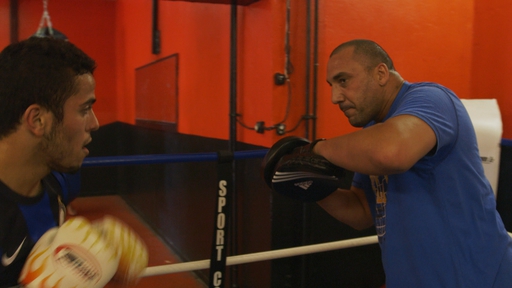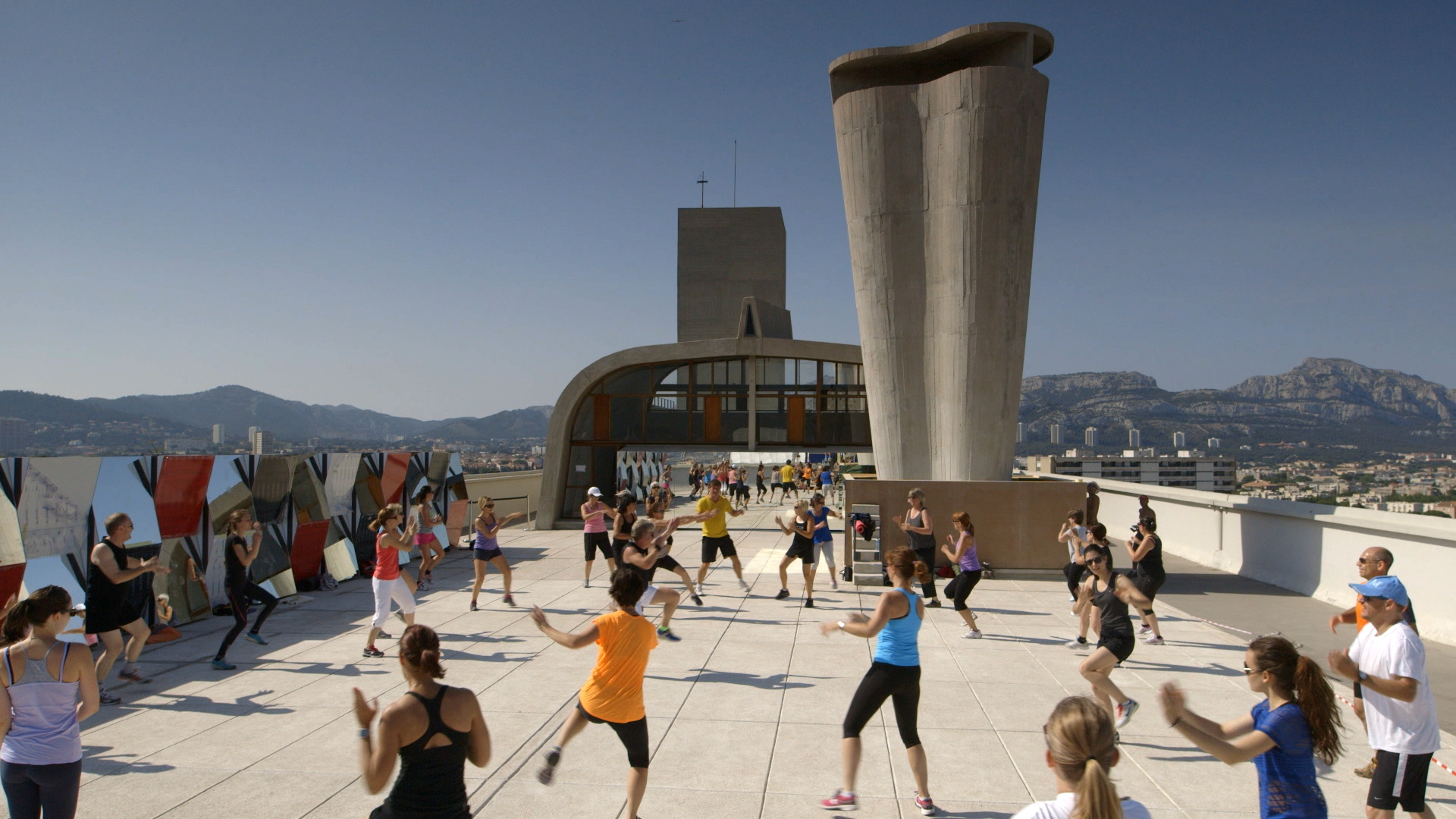Series: Cities by the Sea
Marseille
A film by Ilka Franzmann
© 2015 / 43 min (dt.) / 52 min (eng.) / HD / 16:9 / Stereo
Marseille, the secret capital of the Mediterranean, is the oldest and second largest city in France. For some, the city bursts with vitality and creativity, for others it is mired in social problems. Until only a few years ago, the seaport had a bad reputation: it was noisy, dirty and crime-ridden. But the city has invested hundreds of millions of euro to improve this image, and today it shines forth in renewed splendour. The population is expanding and since becoming European capital of Culture in 2013, Marseille has also flourished culturally.
Alongside marine artist Marie Détrée-Hourrière, the film reaches Marseille the most beautiful way: from the sea. The artist is a member of the French army's most peaceful troops; she resorts to brush and ink rather than weapons.
In the banlieux in the north of Marseille – known for its gang warfare, burglaries and shootings – we meet acrobatic rider Manolo Bez. Bez organises projects for children from unstable backgrounds, which revolve around the myth of centaurs, creatures that are half-human, half-animal. Most children from Marseille Nord lead precarious lives, their prospects for the future are not good. Manolo wants to inspire their imaginations and their belief that the impossible is possible.
In the calanques, the rugged coastal region south of Marseille, we meet fisherman Jean-Claude Bianco, whose biggest catch made global headlines. In his fishing net, he discovered a silver bracelet which helped solve the mystery surrounding writer Antoine de Saint-Exupéry, who disappeared in 1944.
The "Cité radieuse", or "radiant city" by architect Le Corbusier, resembles a stranded steamship. Initially unpopular, the futuristic-looking concrete block today enjoys cult status. Young designers and artists from Paris are bringing new life to the iconic building. The roof has been converted into a village square and a chic apartment is open to prospective residents for trial stays.
In the north of Marseille, the film encounters boxing trainer Kayser, who wants to turn aggression on the streets into sporting ambition. Musician Karine Hallakoun sings about visas that allow people to move around the world as freely as goods. And in a studio in the midst of the ferry port, we meet a machine artist who wants to improve the world.
In the last few years, Marseille is said to have changed as much as Berlin after the fall of the wall. The film explores the Mediterranean atmosphere of France's second largest city. It portrays people who have been influenced by the harbour city and whose visions stand for the new way of life in the "Beauty of the South".














